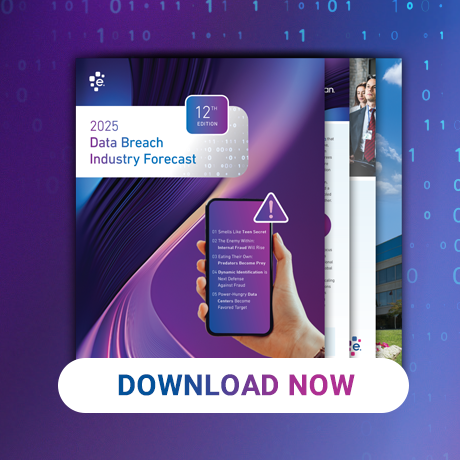Federal legislation makes verifying an individual’s identity by scanning identity documents during onboarding legal in all 50 states
Originally posted on Mitek blog
The Making Online Banking Initiation Legal and Easy (MOBILE) Act officially became law on May 24, 2018, authorizing a national standard for banks to scan and retain information from driver’s licenses and identity cards as part of a customer online onboarding process, via smartphone or website. This bill, which was proposed in 2017 with bipartisan support, allows financial institutions to fully deploy mobile technology that can make digital account openings across all states seamless and cost efficient. The MOBILE Act also stipulates that the digital image would be destroyed after account opening to further ensure customer data security. As an additional security measure, section 213 of the act mandates an update to the system to confirm matches of names to social security numbers.
“The additional security this process could add for online account origination was a key selling point with the Equifax data breach fresh on everyone’s minds,” Scott Sargent, of counsel in the law firm Baker Donelson’s financial service practice, recently commented on AmericanBanker.com. Read the full article here.
Though digital banking and an online onboarding process has already been a best practice for financial institutions in recent years, the MOBILE Act officially overrules any potential state legislation that, up to this point, has not recognized digital images of identity documents as valid.
The MOBILE Act states:
“This bill authorizes a financial institution to record personal information from a scan, copy, or image of an individual’s driver’s license or personal identification card and store the information electronically when an individual initiates an online request to open an account or obtain a financial product. The financial institution may use the information for the purpose of verifying the authenticity of the driver’s license or identification card, verifying the identity of the individual, or complying with legal requirements.”
Why adopt online banking?
The recently passed MOBILE Act is a boon for both financial institutions and end users. The legislation:
- Enables and encourages financial institutions to meet their digital transformation goals
- Makes the process safe with digital ID verification capabilities and other security measures
- Reduces time, manual Know Your Customer (KYC) duties and costs to financial institutions for onboarding new customers
- Provides the convenient, on-demand experience that customers want and expect
The facts:
61% of people use their mobile phone to carry out banking activity.1
77% of Americans have smartphones.2
50 million consumers who are unbanked or underbanked use smartphones.3
The MOBILE Act doesn’t require any regulatory implementation. Banks can access this real-time electronic process directly or through vendors.
Read all you need to know about the MOBILE Act here.
Find out more about a better way to manage fraud and identity services.
References
1Mobile Ecosystem Forum, MEF Mobile Money Report (https://mobileecosystemforum.com/mobile-money-report/), Feb. 5, 2018.
2Pew Research Center, Mobile Fact Sheet (http://www.pewinternet.org/fact-sheet/mobile/), Jan. 30, 2017.
3The Federal Reserve System, Consumers and Mobile Financial Services 2015 (https://www.federalreserve.gov/econresdata/consumers-and-mobile-financial-services-report-201503.pdf), March 2015.



